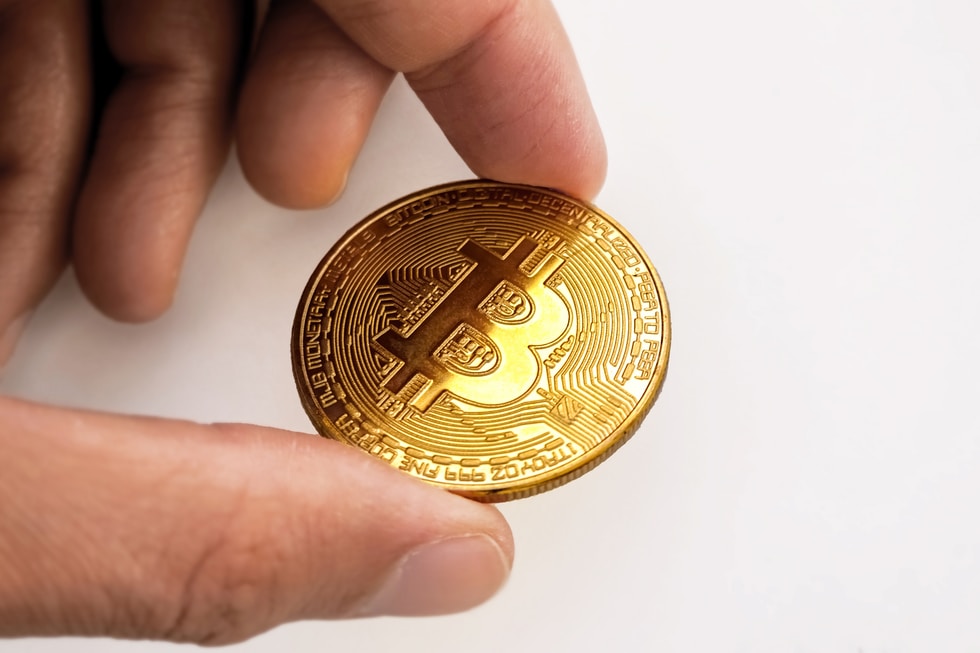The principle of the “5-Minute-Friday” is probably known to many by now. This concept also fits perfectly for the popular podcast model. Every Friday, Alexander Bechtel, Jonas Gross and Michael Blaschke explain a question of the crypto community in a short and crisp way in five minutes.
In today’s 5-Minute Friday episode, Michael Blaschke looks at why no investor can avoid tokenization. Asset tokenization has been making more headlines lately. The process of tokenization, or the digital representation of assets, has the potential to digitally transform entire financial systems. Specifically, the vision is of a decentralized financial system (DeFi) based on blockchain technology that operates without traditional intermediaries, enabling more efficient trading of assets.
The topic is interesting for investors
This makes tokenization one of the most exciting future trends for investors in the coming years. Despite attractive and convincing application examples, however, numerous challenges and questions still exist: How exactly does tokenization work? What does the future of tokenization look like? Will it really revolutionize the financial system? And will all assets become digital in the future?
Michael provides answers to these questions in the episode and presents key findings from a study published on September 8 in conjunction with the FERI Cognitive Finance Institute. Entitled Blockchain and Tokenization: Disruption of the Financial System through Crypto-Assets and Decentralized Finance (DeFi), the study provides a basic overview of the topic, enabling a qualified assessment of the future potential of decentralized financial systems in general and tokenization in particular. The most important statements of the study are also explained in a video.

